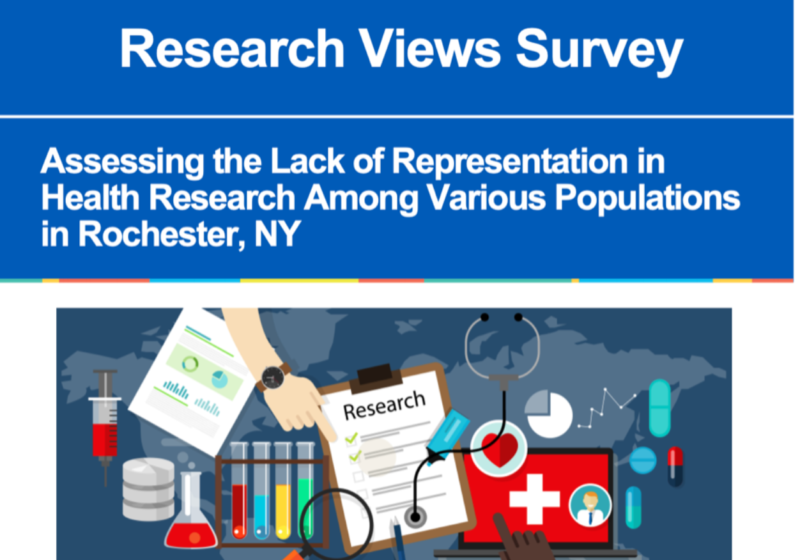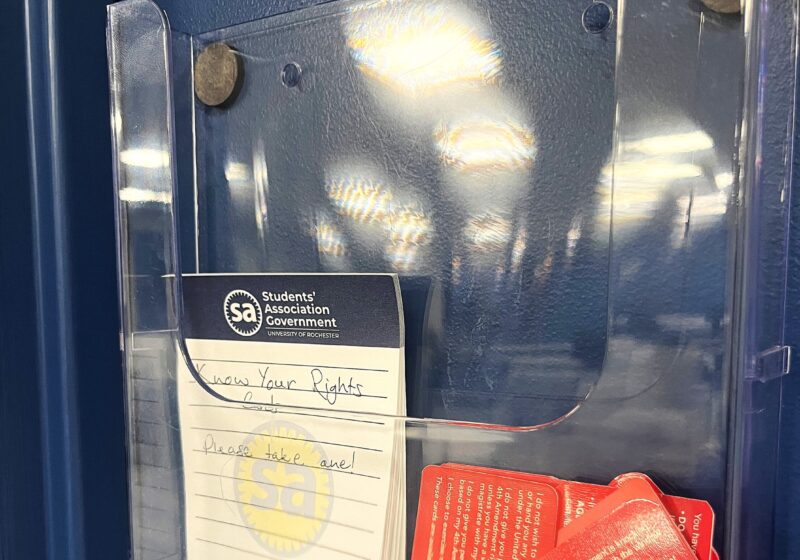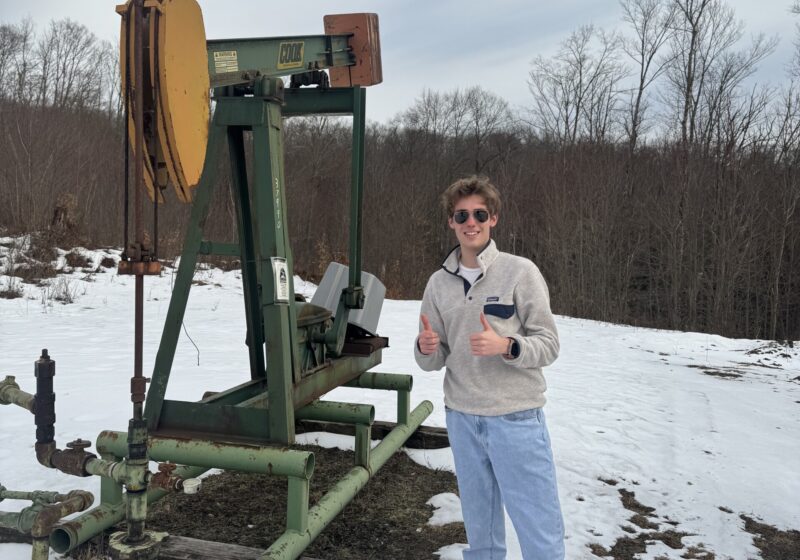The Center for Health + Technology (CHeT) has been a critical component of UR Medicine, and is committed to pioneering new strategies to conduct clinical research while advancing knowledge, reach, and clinical care to improve health for thousands of individuals within the Rochester community.
CHeT clinical research coordinators and associates – Ifunanya Dallah, Ekene Nnadika, Maryam Zafar, and Samatha Lettenberger, and junior Musonda Nkhoma – all aim to advance diversity within global health research studies. “I’ve always been very interested in science, but I wanted a more public health background to drive my career forward. I focus on public health because that gives me a wider perspective on public health science,” said Lettenberger, who joined CHeT in June.
Dallah, a clinical research associate, works with Dr. Gretchen Birbeck to determine how infectious diseases affect brain development in Sub-Saharan Africa. However, they did run into some barriers when creating clinical trials. “When we were enrolling participants [in Rochester-based studies], we saw that the majority of them happen to be Caucasian, but we know that neurological diseases don’t discriminate by race.” Dallah added, “If we enroll participants in clinical trials, we need to make sure that we have diverse populations [included] so that we know our findings are generalizable.”
Citing the 2020 census, statistics show that within the population of 211,328, the city is racially composed of 47.9% white, 39.8% African American, 19.2% Hispanic or Latino, and 3.1% Asian individuals. “We wanted to understand why in Rochester the research participation [rate] among minorities, especially Black and Brown communities, is so low, given the fact that there is a large Black and Brown population in Rochester,” Dallah said.
Over the past year, as part of the “Research Views” project, Dallah and her team had developed an observational survey that would be as objective as possible in surveying the Rochester community’s “positive, negative, or neutral” experiences with research studies. This way, they aimed to collect demographic data, which provided them with a deeper look at the populations answering the questions. “We looked at education levels in Rochester to make sure that our questions weren’t too complex and we sat down with different literacy organizations and reviewed our questions with them to see how understable the survey was. To participate in the survey, you need to be over 18 years old and live in Rochester. The question or survey can be completed via phone or online, but we recently started going to events, such as blood drives and the Public Market to complete the survey with people in person,” Dallah said. “In a follow-up interview, we can go deeper and ask them more in-depth questions about their experiences with research.”
Despite their hard work, the team has been met with tough challenges. After receiving their project approval in January, the team needed to figure out the best way to reach a diverse population. “We try to interview people, but it’s a little hard to just go to events, because we don’t want to bother people. A lot of times, we have been handing out mini fliers so that they can do it in their own time. [The fliers] had a QR code [that linked to a] survey for them, as well as a little description. We found that this was more helpful at reaching more people so that they can enjoy their time at the [Public] Market or wherever they are, and then complete the survey on their own time,” Lettenberger added.
Dallah expressed a language barrier to be a challenge that they hope to overcome. “We also have our survey in Spanish, but the difficulty [has been] finding someone who can conduct the follow-up interview in Spanish. Something I am enjoying is that we are always learning and constantly adapting […] so we are constantly trying to think of ways to make the survey questions more accessible to people.”
Since starting the project, the team has received 165 surveys and has completed 31 follow-up interviews with willing participants. They found that oftentimes, privacy concerns, work schedule conflicts, and not knowing how to get involved in research are common barriers to minority participation in research within the Rochester community.
When asked about her motivations, Dallah expressed her determination and commitment to advancing research knowledge through human interaction. “Research is awesome; we use it to complement clinical care,” Dallah said. “The point is, if we want to keep advancing health and reducing racial disparities, we need to use research to inform the policies that we make. If we want research to be generally to a whole population, we need diverse communities to be included in the samples.”
Currently, the team is collecting completed surveys and conducting follow up interviews. If you are 18 years or older and live in Rochester, NY, and are interested in participating, you are eligible to complete the survey by visiting this link (or this one the Spanish survey) or calling (585)-275-9751.
Correction (10/26/2021): At the time of publication, Ifunanya Dallah’s name was incorrectly spelled as Ifunaya Dallah and the survey links were incorrect. The printed version of this article still contains these errors.




